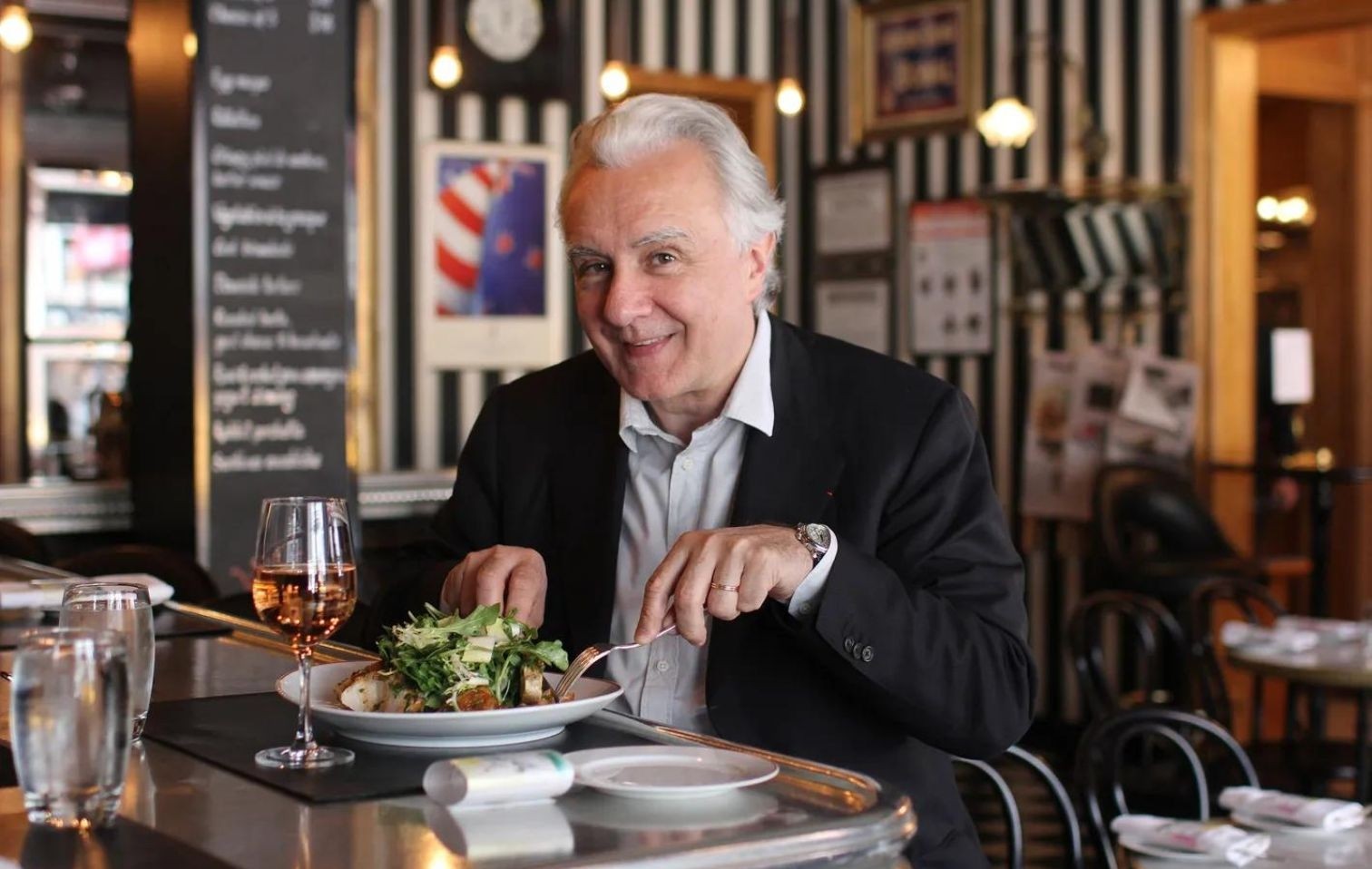From Paris to Macau, the renowned French chef is embracing inclusivity: "Our goal is to provide an exclusive gastronomic experience that's not expensive, while promoting health and environmental sustainability."
The news
Alain Ducasse isn't content with being the world's most Michelin-starred chef, currently boasting a total of 21 stars (including a double star at Alain Ducasse at Morpheus in Macau, the only two-starred restaurant in China). He also wants to be the chef who sparks the most discussion, not only introducing food for thought but also stirring controversy and throwing down challenges. Indeed, every interview he gives creates a buzz, the latest being with macaonews.org.
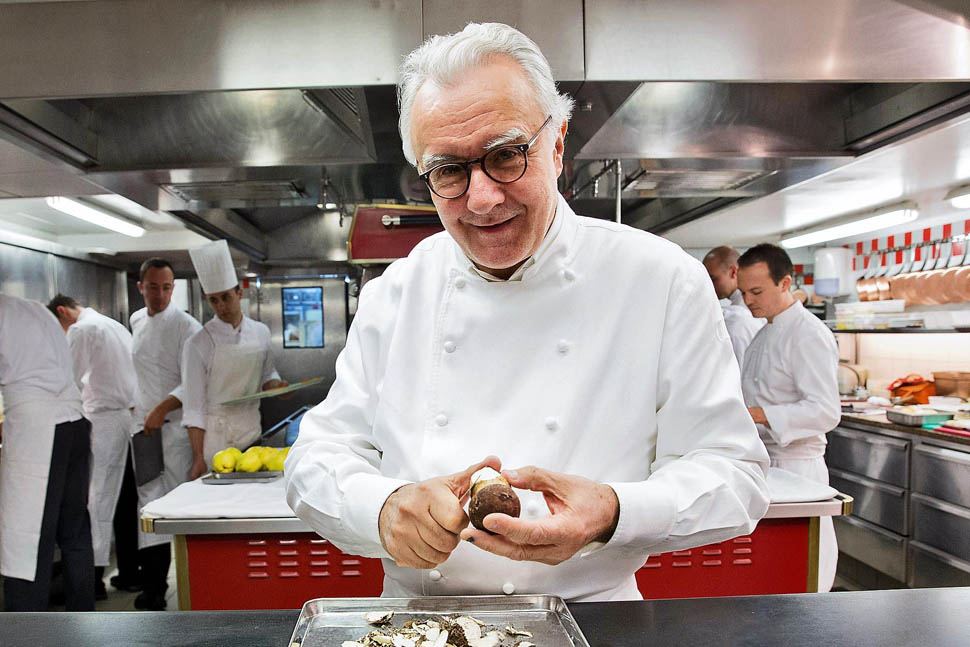
Gastronomy is still dealing with the aftermath of the pandemic. “Just like haute couture and culture," he reflects. "We must maintain the same image, preserving it. However, our offerings now need to be less costly while keeping the quality intact. For example, in Paris, we have a new restaurant called Sapid, which features more plant-based proteins and fewer animal proteins, with an approximate ratio of 80 to 20%. The price for lunch ranges between 22 and 26 euros (including starter, main course, and dessert), while dinner is between 35 and 54 euros (the latter for a substantial five-course tasting menu). This is particularly aimed at appealing to younger people.”
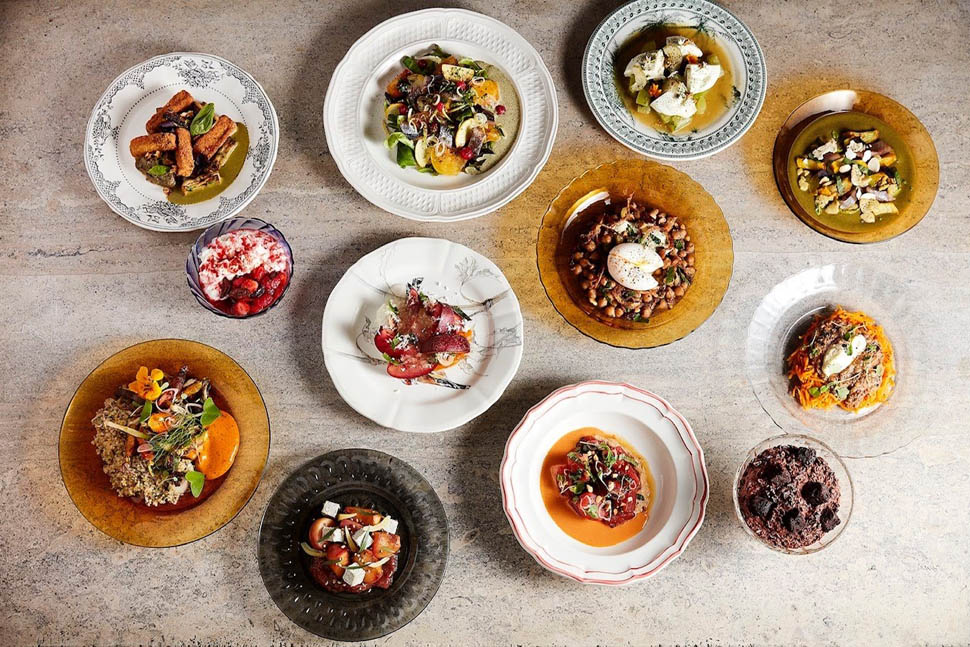
In Macau, his goal is also to be inclusive rather than exclusive, keeping the restaurant open to society and introducing contemporary French cuisine to as many people as possible. “What we aim for is an exclusive gastronomic experience that isn't costly, in a refined environment.” "As far as I'm concerned, it's primarily about quantity. I prefer to eat excellent meat once a week rather than five or six mediocre cuts. We need to change our habits," continues the renowned chef.
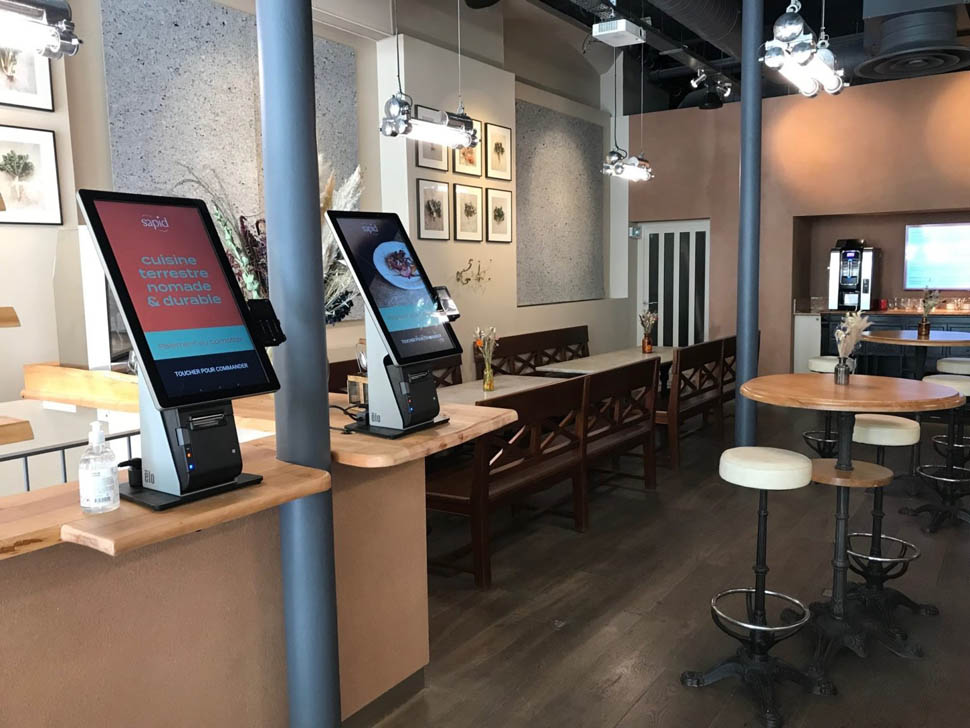
The goal isn't just to protect the environment and the planet but also to improve personal health by reducing fats, salt, and sugars. "Nearly a billion people worldwide are obese, while many others go hungry. These are the things we need to change. As chefs, we must consider how the world can improve in terms of cooking and nutrition, nourishing people better while preserving environmental resources. The example must be set every day."
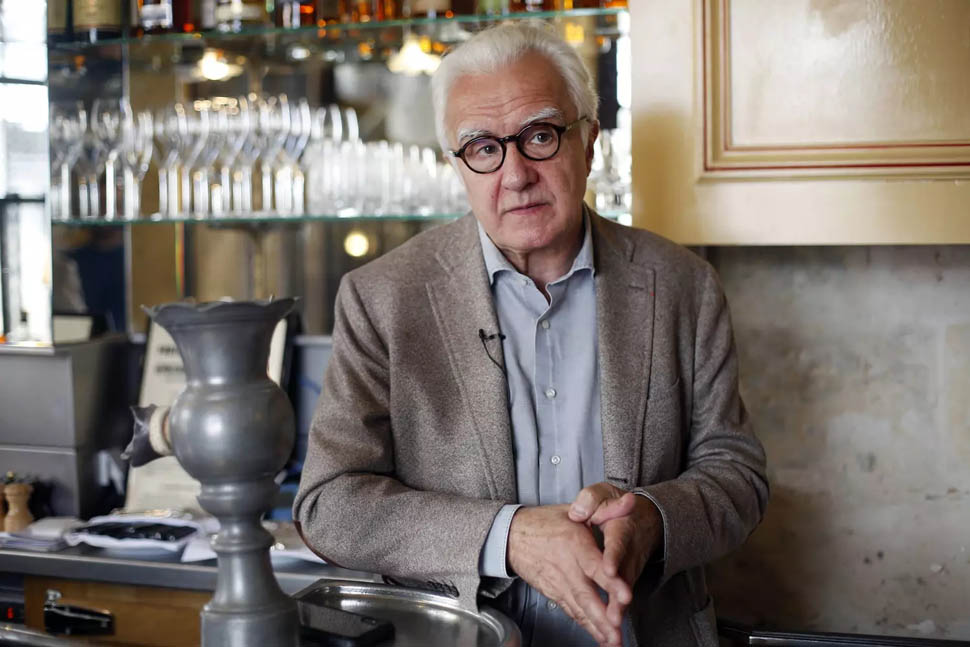
His advice is to never stop learning and listening to others, sharing information with subordinates and colleagues, who will then do the same. When it comes to young people, the esteemed chef encourages them: "Everyone has talent. The key is to find it and develop it. Regarding competition, there's been growth worldwide. A young cook must work harder, better, and faster, with precision, discipline, and high expectations. They can succeed, but that's the minimum. I can assess a chef within a year, deciding whether they'll succeed or need to pursue other paths."
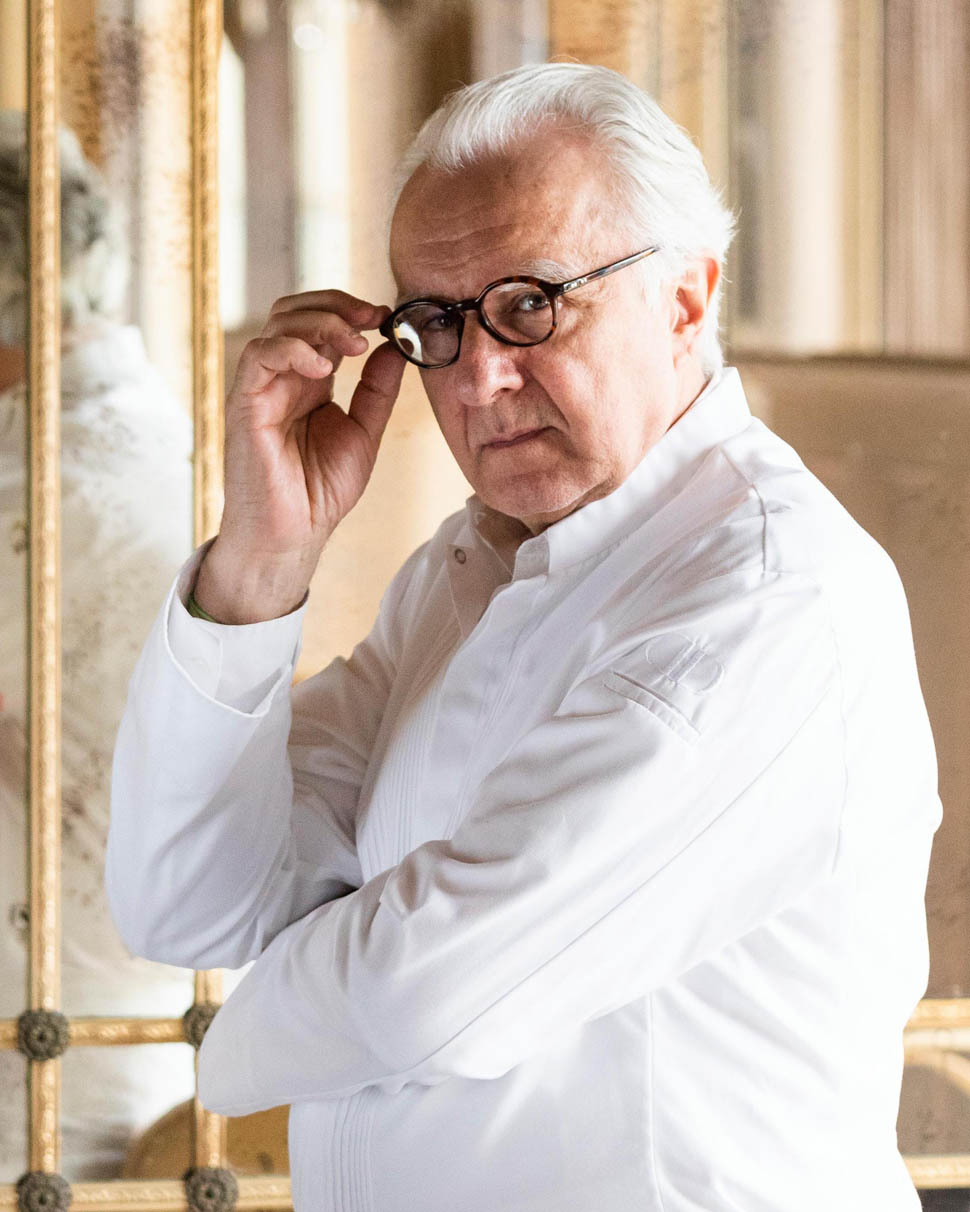
The chef then discusses his hobby, gardening, which can be almost more demanding than cooking. He mentions that he can harvest 50 types of vegetables for personal use from his garden, while in Provence, there are as many as 150. "A privilege," he says.
